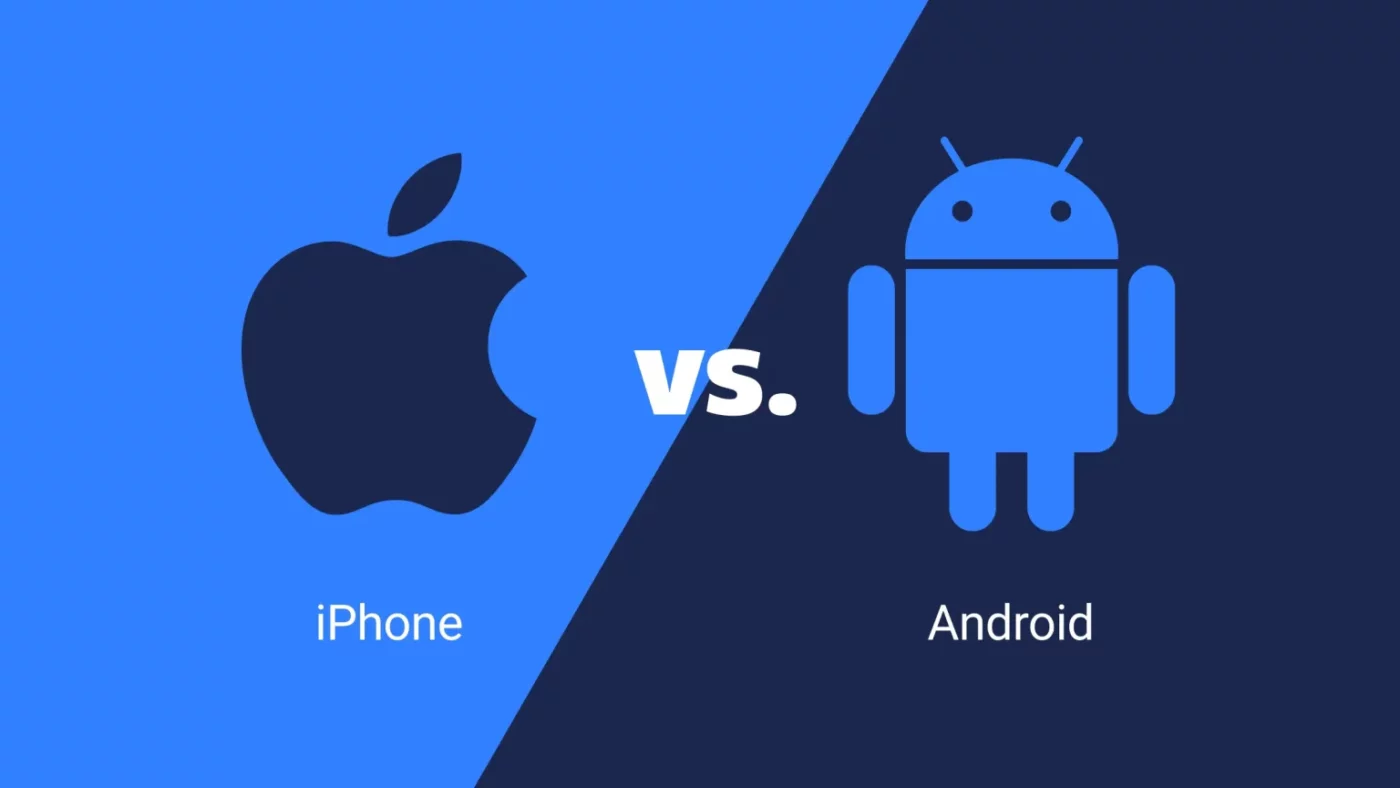The never-ending debate between iPhone and Android users has taken a new twist—this time, it’s not about hardware specs or flashy features, but online safety and user behavior. According to new research by Malwarebytes, Android users are proving to be more cautious and better protected online compared to their iPhone counterparts.
This analysis, which surveyed 1,300 adults across the US, UK, Austria, Germany, and Switzerland, highlights a growing cybersecurity gap—not because of the devices themselves, but because of how users interact with them.
iPhone Users Take More Risks Online
One of the standout findings: iPhone users are more likely to engage in risky online behavior. Nearly half (47%) admitted to buying from unfamiliar websites simply because they offered a better price, compared to just 40% of Android users. Additionally, 41% of iPhone users sent direct messages on social media to sellers in exchange for a discount—something only 33% of Android users did.
This kind of engagement increases the likelihood of falling for phishing schemes, fake promos, or even malicious links, and it’s exactly what cybercriminals are banking on.
Security Habits Lag Behind for iPhone Owners
iPhone users also fall behind in basic cybersecurity hygiene:
- Only 21% use security software on their phones (vs. 29% of Android users)
- Just 35% use strong, unique passwords for online accounts (vs. 41% of Android users)
This reluctance to adopt protective tools or best practices makes iPhone users more vulnerable to malware, scams, and data breaches. And the numbers support this: 53% of iPhone users reported falling for a scam, compared to 48% of Android users.
A False Sense of Security
Why the discrepancy? Part of the answer may lie in overconfidence. Malwarebytes found that 55% of iPhone users believe their device’s built-in protections are enough to keep them safe. This trust, while comforting, may lead to complacency—leaving users exposed to advanced threats that bypass default defenses.
But cybersecurity is never just about the device. As Malwarebytes’ consumer GM Mark Beare puts it:
“Devices and operating systems are just gateways to apps and websites, and it’s often those online spaces that present cyber risks.”
The New Normal: Unsafe Shopping Practices
Modern e-commerce has blurred the line between legitimate and risky behavior. Today, even reputable brands encourage users to:
- Click on links in texts or emails
- Scan QR codes to complete purchases
- Send messages via social media to unlock deals
These are exactly the behaviors security experts once warned against. And yet, iPhone users are the most likely to comply.
For example, 63% of iPhone users have shared their phone numbers for coupons or promotions (vs. 55% of Android users), and 70% have scanned QR codes to complete a purchase. While QR scanning became normalized during the pandemic, actions like messaging unknown vendors or submitting personal data for small incentives remain high-risk.
Cybersecurity Tools Are Widely Available—But Underused
Many iPhone users are not taking advantage of existing protections. Password managers, security apps, and even Apple’s own password tool (introduced in iOS 18) are all readily accessible, yet adoption remains low.
Even something as basic as using an ad blocker shows disparity: only 19% of iPhone users employ one, compared to 27% of Android users.
Importantly, these are not limitations of iOS—but user decisions. With data theft and social engineering scams on the rise, these decisions carry real consequences.
Online Security Is Everyone’s Responsibility
The key takeaway from Malwarebytes’ report is not to blame one group of users over another, but to encourage awareness and proactive protection—no matter the device.
Every user should:
- Use unique, strong passwords for every online account
- Install reputable security software
- Be cautious when clicking on unknown links or scanning QR codes
- Avoid sharing personal data for minor rewards
- Reach out for help when something seems suspicious online
Cybersecurity isn’t about choosing between iOS or Android—it’s about how we engage with the digital world. Trusting the system is not enough. It’s time to make smarter, safer choices.

 Español
Español













